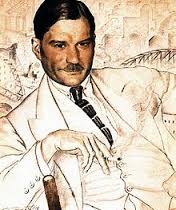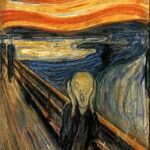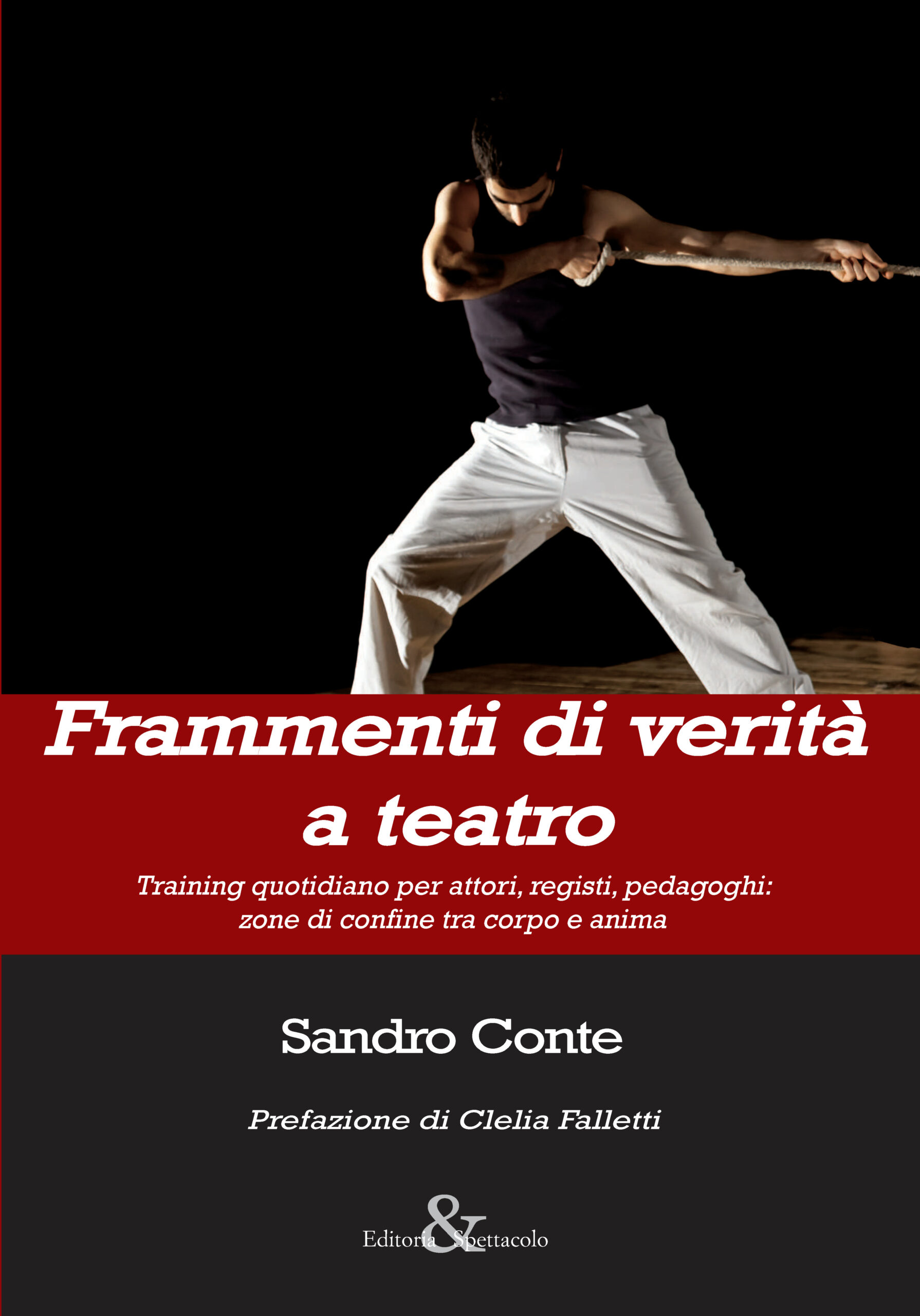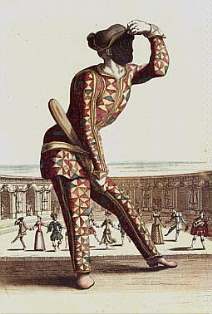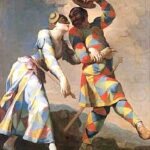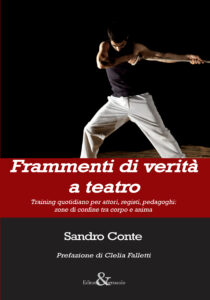Ludwig HOLBERG: Erasmus Montanus
Ludwig Holberg: Erasmus Montanus, è considerato da norvegesi e danesi come il loro più grande poeta e fondatore del loro spirito pubblico.
Ludwig HOLBERG: Erasmus Montanus
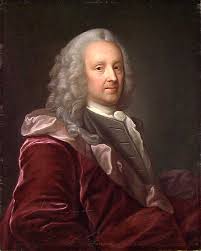
https://creativecommons.org/publicdomain/mark/1.0/
(Bergen 1684 – Copenaghen 1754)
Due brevi note biografiche (Italiano e Inglese) – Bibliografia – commedie
Ludwig HOLBERG: note biografiche

https://creativecommons.org/publicdomain/mark/1.0/
 Holberg, norvegese (1684-1754), studiò, insegnò, scrisse in Danimarca, ai tempi sotto la medesima corona, viaggiò in gran parte dell’Europa; è considerato da norvegesi e danesi come il loro più grande poeta e fondatore del loro spirito pubblico. Pochi europei lo conobbero e lo conoscono. Il suo senso comune, il suo femminismo ante-litteram, la tolleranza per le altre religioni e culture lo fanno apparire forse poco interessante per mondi dove era ed è marcato il divario tra cultura di élite e cultura popolare. Poeta satirico, autore di oltre trenta commedie, egli appare il primo scrittore europeo del suo tempo per l’ampiezza della sua opera, la modernità e la rilevanza delle tematiche. La commedia, tradotta per la prima volta in italiano, con un provocatorio connubio di physica e di arte dialettica ridicolizza i vieti e retrivi studi accademici ancora imperanti nell’Univeristà di Copenhagen del suo tempo
Holberg, norvegese (1684-1754), studiò, insegnò, scrisse in Danimarca, ai tempi sotto la medesima corona, viaggiò in gran parte dell’Europa; è considerato da norvegesi e danesi come il loro più grande poeta e fondatore del loro spirito pubblico. Pochi europei lo conobbero e lo conoscono. Il suo senso comune, il suo femminismo ante-litteram, la tolleranza per le altre religioni e culture lo fanno apparire forse poco interessante per mondi dove era ed è marcato il divario tra cultura di élite e cultura popolare. Poeta satirico, autore di oltre trenta commedie, egli appare il primo scrittore europeo del suo tempo per l’ampiezza della sua opera, la modernità e la rilevanza delle tematiche. La commedia, tradotta per la prima volta in italiano, con un provocatorio connubio di physica e di arte dialettica ridicolizza i vieti e retrivi studi accademici ancora imperanti nell’Univeristà di Copenhagen del suo tempo
Ludvig Holberg is the most important man of letters
in eighteenth-century Denmark-Norway and is often referred to as the father of Danish and Norwegian Literature, the Moliere of the North, the founder of Scandinavian drama, or even as the first Scandinavian feminist. In all his writings – apart from being a dramatist in his own right – he excelled as a satirist, historian and essayist, Holberg is a true child of the Enlightenment advocating tolerance and moderation. At the same time, however, he transgressed its parameters. He introduced a series of classical genres but also violated their rules; he generally supported absolute monarchy but criticized its deficiencies, sometimes with subtlety, sometimes openly and relentlessly when, for instance, aiming his satire at the outdated educational system.
Above all, Holberg was a towering cosmopolitan figure in eighteenth-century intellectual life, extremely well-read not only in the classics but also in contemporary literature. Furthermore, he was one of the most avid travelers of his time. He saw himself foremost as a European writer, attacking provincialism and narrow-mindedness wherever he encountered it. Holberg was strongly influenced by the European intellectual tradition and, in return also impacted literary trends abroad. This volume, written by experts from various countries, attempts to place Holberg in this international context. It highlights both the European influence on him and the influence he exerted in his own time as well as the fascination he holds to this very day because of his probing, critical mind, complex personality and, above all, because of the purely artistic quality and modernity found particularly in his immortal comedies.
Ludwig Holberg
(Bergen 1684-Copenaghen 1754) scrittore danese di origine norvegese – Bibliografia
Ludwig Holberg: Comedies
Illustration from the luxurious 1789 edition of Niels Klims underjordiske Rejse. Etching by Johan Frederik Clemens after drawing by Nicolai Abraham Abildgaard.Den Politiske Kandestøber, 1722 (Eng. The Political Tinker or The Pewterer turned Politician)
Den Vægelsindede, 1722 (Eng. The Waverer)
Jean de France eller Hans Frandsen, 1722 (Eng. Jean de France)
Jeppe paa Bjerget eller den forvandlede Bonde, 1722 (Eng. Jeppe of the Hill)
Mester Gert Westphaler, 1722 (Eng. Gert the Westphaler)
Barselstuen, 1723 (Eng. The Lying-in Room)
Den ellefte Junii, 1723
Jacob von Tyboe eller den stortalende Soldat, 1723
Ulysses von Ithacia, 1723 (Eng. Ulysses of Ithaca)
Erasmus Montanus eller Rasmus Berg, 1723 (Eng. Erasmus Montanus or Rasmus Berg)
Don Ranudo de Colibrados, 1723
Uden Hoved og Hale, 1723 (Eng. Without Head or Tail)
Den Stundesløse, 1723 (Eng. The Fidget)
Hexerie eller Blind Allarm, 1723 (Eng. Witchcraft or False Alert)
Melampe, 1723
Det lykkelige Skibbrud, 1724 (Eng. The Happy Capsize)
Det Arabiske Pulver, 1724 (Eng. The Arabian Powder)
Mascarade, 1724 (Eng. Masquerade)
Julestuen, 1724 (Eng. The Living Room of Christmas)
De Usynlige, 1724 (Eng. The Invisible)
Kildereisen, 1725 (Eng. The journey to the source/The source Journey)
Henrich og Pernille, 1724-1726 (Eng. Henrik and Pernille)
Den pantsatte Bondedreng, 1726 (Eng. The Pawned Farmers helper)
Pernilles korte Frøkenstand, 1727
Den Danske Comoedies Liigbegængelse, 1727 (Eng. Funeral of Danish Comedy)
Den honette Ambition, 1731 (Eng. The honest/honourable ambition)
Plutus eller Proces imellom Fattigdom og Riigdom, publ. 1753
Husspøgelse eller Abracadabra, publ. 1753 (Eng. The house’s Ghost or Abracadabra)
Philosophus udi egen Indbildning, publ. 1754
Republiqven eller det gemeene Bedste, publ. 1754
Sganarels Rejse til det philosophiske Land, publ. 1754
Ludwig Holberg: Poems
Peder Paars, 1720
fire Skæmtedigte, 1722 (Eng. Four poems for fun)
Metamorphosis eller Forvandlinger, 1726 (Eng. Metamorphosis or Changes)
[edit] Novels
Nicolai Klimii iter subterraneum, 1741. (Translated to Danish by Hans Hagerup in 1742 as Niels Klims underjordiske Rejse.) (Eng. Niels Klim’s Underground Travels or Nicolai Klimii’s subterranean Journey or The Journey of Niels Klim to the World Underground Bison Books, 2004. ISBN#0803273487)
Ludwig Holberg: Essays
Moralske Tanker, 1744 (Eng. Moral thoughts)
Epistler, 1748–54
Moralske Fabler, 1751 (Eng. Moral Fables)
Tre latinske levnedsbreve, 1728-1743
Ludwig Holberg: Historical works
Introduction til de fornemste Europæiske Rigers Historier, 1711 (Eng. Introduction to the Greatest European Empires Histories)
Morals Kierne eller Introduction til Naturens og Folke-Rettens Kundskab, 1716 (Eng. The Core of Morality or Introduction to Natures and Knowledge for the Common Man)
Dannemarks og Norges Beskrivelse, 1729 (Eng. Denmark and Norways Description)
Dannemarks Riges Historie, 1732–35 (Eng. The Danish Empire/Kingdom’s History)
Den berømmelige Norske Handel-Stad Bergens Beskrivelse, 1737 (Eng. The Famous Norwegian Commercial Hub Bergen’s Description)
Almindelig Kirke-Historie, 1738 (Eng. General Church History)
Den jødiske Historie fra Verdens Begyndelse, fortsat til disse Tider, 1742 (Eng. The Jewish History From the Beginning of the World, Continued till Present Day/These Times)
Adskillige store Heltes og berømmelige Mænds sammenlignede Historier, 1739–53 (Eng. Several Great Heroes’ and Famous Men’s Compared Histories)
Adskillige Heltinders og navnkundige Damers sammenlignede Historier, 1745 (Eng. Several Heroines’ and Noteworthy Ladies’ Compared Histories)



